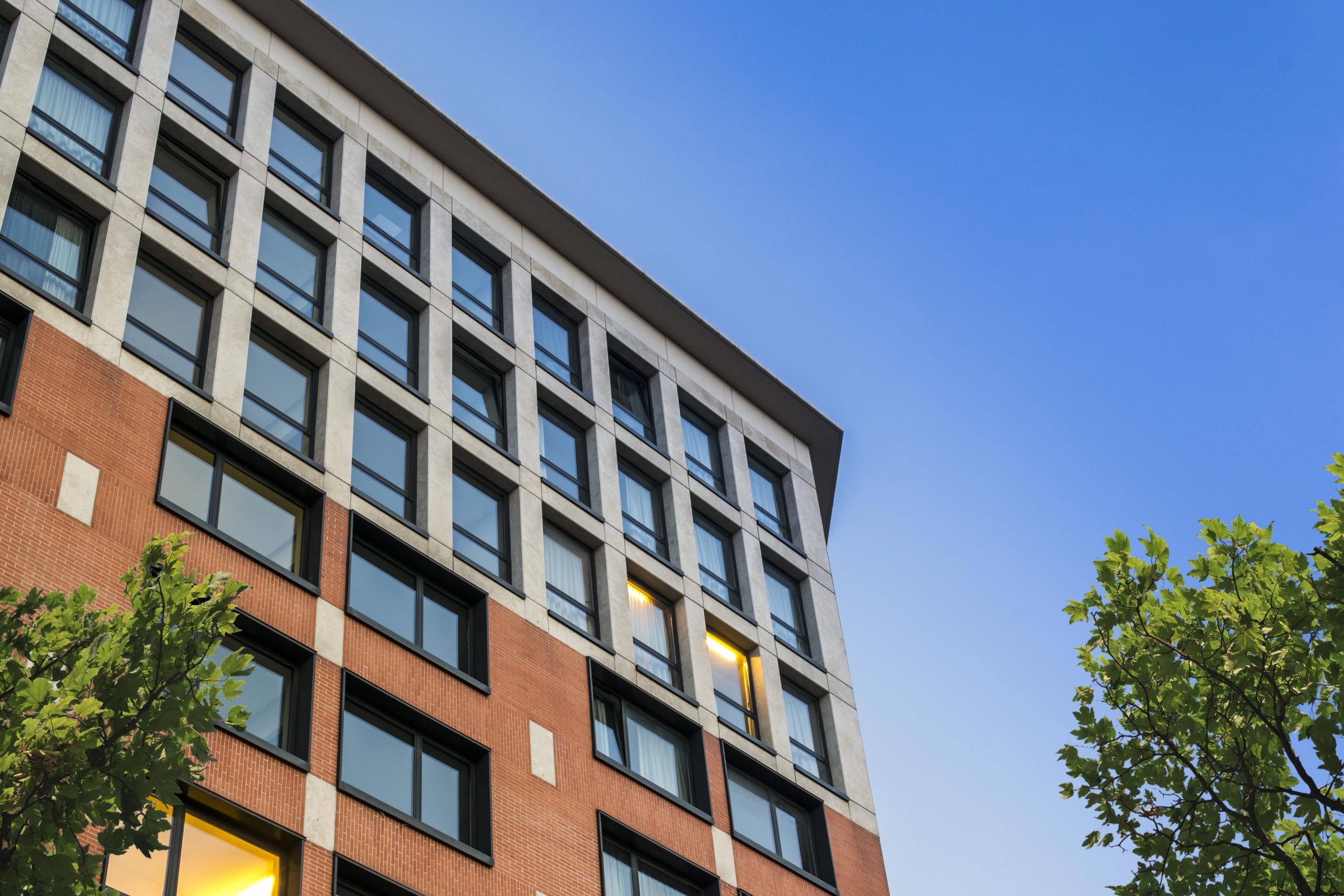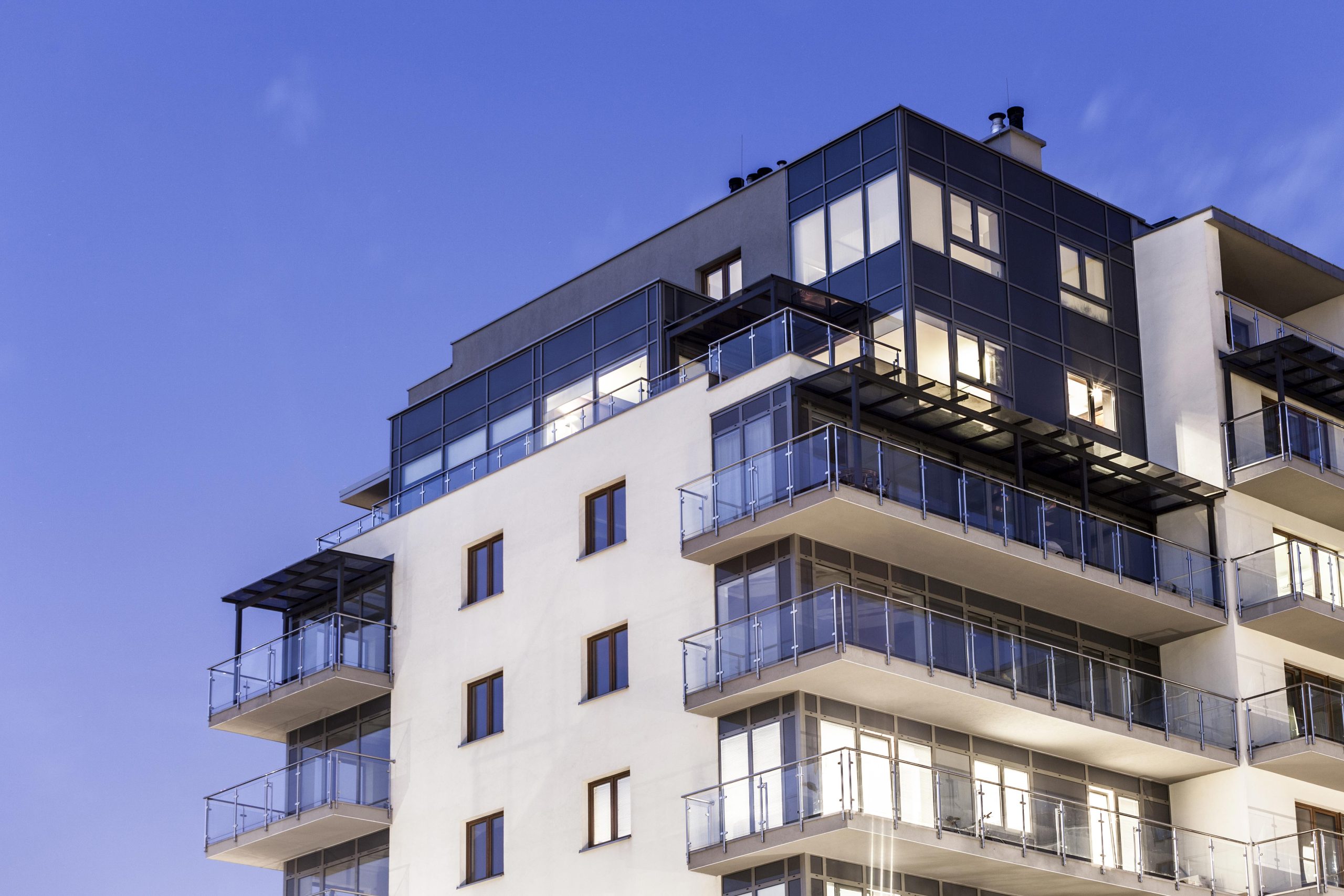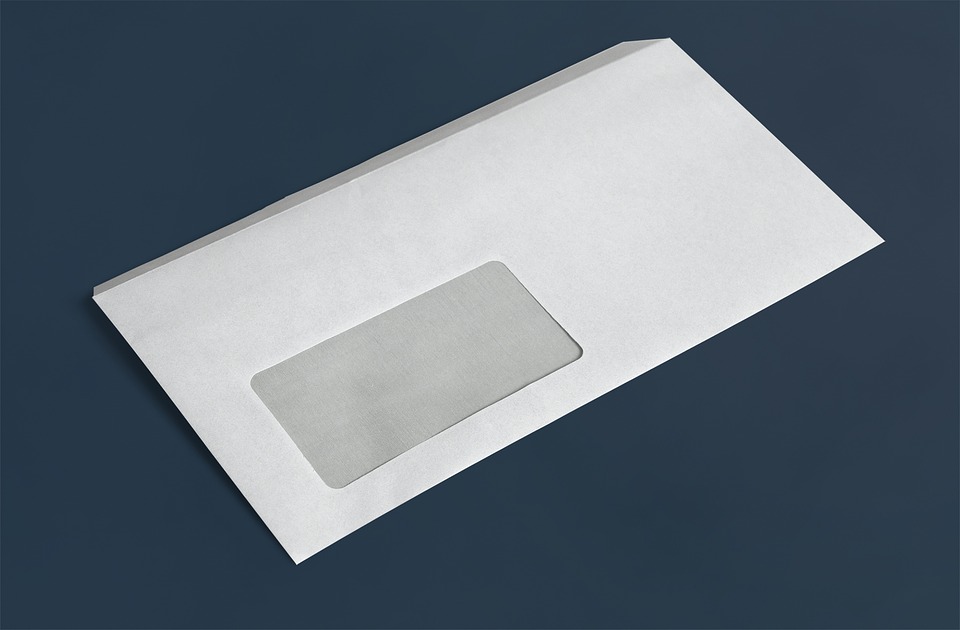Brady Solicitors’ Helen Carey provides practical advice around reasonableness claims and looks at a recent Court of Appeal case that could have caused serious headaches.
If you’ve had to defend a reasonableness challenge on a service charge item, you’ll know it can be time-consuming and hard work, particularly if it relates to an older service charge item where record-keeping may be a little ‘fuzzy’.
Fortunately, however, there is a lot that RMCs, freeholders, and their managing agents can do to a) be well-prepared should a challenge be brought, and b) ensure that service charge items are reasonable in the first place.
First things first, what happened in the Court of Appeal?
In the recent case of Gell v 32 St John’s Road, the Court of Appeal held that a court (including the FTT) should not and could not determine the reasonableness of service charges unless the issue of reasonableness was expressly pleaded in the defence.
Why does this matter you may wonder?
If the Court of Appeal had ruled differently, it would have meant that, whenever a judgment was given or a defence struck out, courts would have to consider the question of reasonableness before a judgment could be entered. This would create huge delay and uncertainty in service charge recovery.
So despite all the to’ing and fro’ing in the Gell case, the mechanics around reasonableness claims remain as they were, and we can focus our attention on trying to ensure they don’t happen but, if they do, that we are well prepared.
Under Section 19 of the Landlord and Tenant Act 1985, any service charge deemed ‘unreasonable’ will not be due and therefore crucially not payable. Section 19 considers two key areas of reasonableness:
- Was a cost incurred reasonably?
- Were the services or works of a reasonable standard?
If a leaseholder challenges a service charge item under Section 19, how can you demonstrate it is reasonable?
In a reasonableness case, the FTT will put a strong emphasis on evidence and will want to see you have acted fairly and transparently on behalf of leaseholders.
7 steps to reasonableness
If we were asked to help an RMC or freeholder with a service charge reasonableness defence, we would be looking for records and evidence to show:
- Can you clearly demonstrate why a cost or service was needed?
- Can you explain why you selected that service or method of repair / maintenance?
- Can you evidence why you engaged a particular contractor/supplier (especially if they weren’t the cheapest)?
- Did you test the market by seeking a competitive quote(s) for the works or service?
- Did you seek feedback from leaseholders – and can you demonstrate that any feedback was taken into consideration in the decision-making process?
- Can you show that you kept the impact of the cost on leaseholders in mind?
- Was your decision making in line with professional practice codes?
Evidence and good record-keeping are therefore essential if you face a reasonableness claim. If your processes and record-keeping are a bit hit and miss, it can be a real challenge trying to pull this information together – particularly if it relates to a service charge item from a few years ago.
So, flipping this on its head, how can you prevent a reasonableness claim in the first instance?
By using the seven points above as a guide to fair and transparent decision making and service charge budgeting, you have a high chance of ensuring that service charge expenditure is reasonable, and that the services and works provided are of a reasonable standard.
At the end of the day, good block management has reasonableness at its core. Leaseholder communication is a vital part of this, from ensuring you follow the correct s20 consultation process through to maintaining an open and transparent dialogue that ensures there are no nasty service charge surprises.
If leaseholders understand the works that are required and the decision-making behind the procurement process, experience tells us they are much less likely to raise a defence on the grounds of reasonableness.





